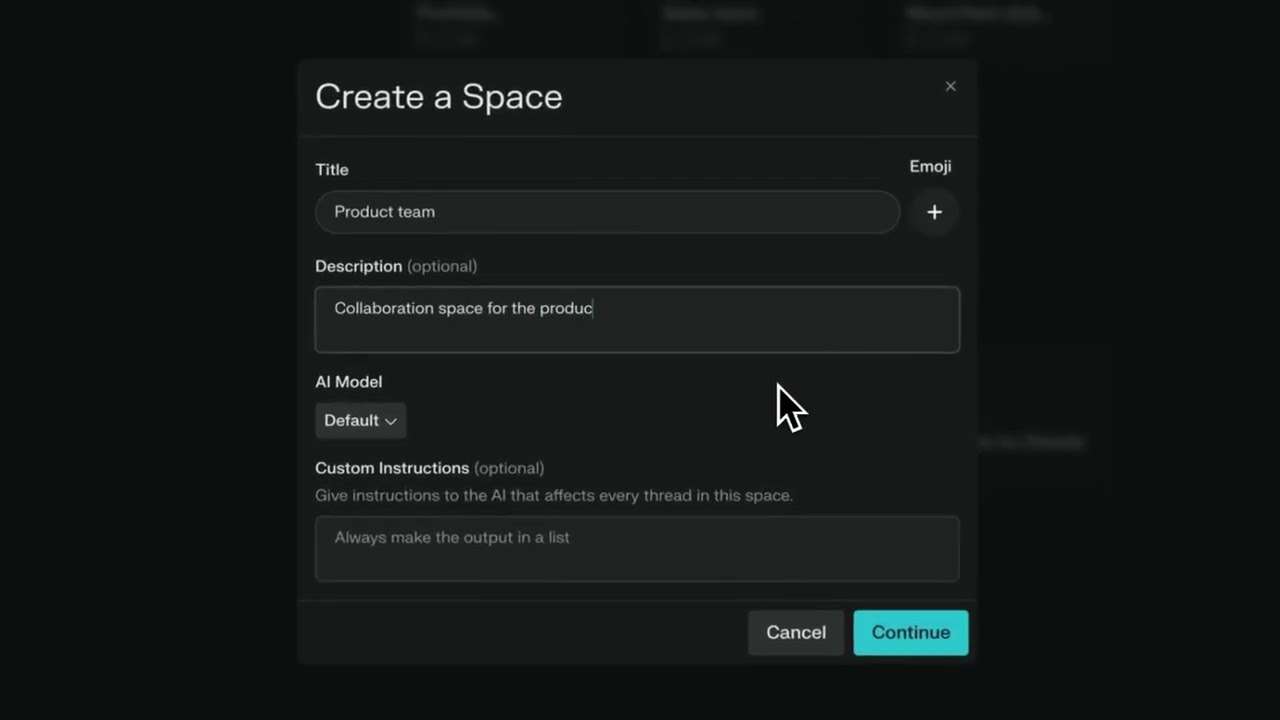AI conversational search engine Perplexity typically looks for information online or in a provided database and interacts with users one at a time. Now, the company is changing things up with two new major features to augment its answers and improve its collaborative ability. The Internal Knowledge Search and Spaces features, respectively, provide a new way of thinking about AI search not just in the office but in your everyday life as well.
Perplexity was among the first to blend Google-style search engines with ChatGPT-style conversational ability, beating both Google and OpenAI to the idea of real-time web searching coupled with an interface that could mimic how people actually speak. Search has, until now, been limited to either hunting online or using provided databases. The Internal Knowledge Search feature melds them together, allowing simultaneous online and internal searching through one giant informational source.
Though helpful in using Perplexity professionally for those who need to combine internal company knowledge with the latest information online, it has uses beyond the office. Imagine a student with pages of notes collated from primary sources that aren’t available online. Or perhaps you have an obscure hobby poorly documented online but one you have spent decades composing an encyclopedia on. Perplexity can now provide insights from both sources at once, meaning you don’t have to do multiple searches simultaneously, potentially a huge time and money saver.

Space to Grow
The Spaces feature added by Perplexity offers a different approach to leveraging AI. Perplexity’s Spaces creates a virtual environment for collaborating with both the AI and other people. You can invite whoever you like to the Space, share files, and use specific instructions to tailor the AI assistant for whatever project you have underway.
Perplexity has shaped much of Spaces’ pitch around business and related activities, as with Internal Knowledge Search. But, as with the other new feature, Spaces has a lot to offer certain kinds of personal projects. For instance, a group of students might use Space to both organize their various tasks and elevate the project with ideas offered by an AI assistant or trying to plan the perfect vacation with a large group of friends and want a relatable human-like interface for the vast knowledge online that might help with the planning.
Of course, that doesn’t mean you might not get sponsored follow-up questions from the AI, but the new features might be ideal for researching both personal and professional varieties.
You might also like…
Services Marketplace – Listings, Bookings & Reviews
